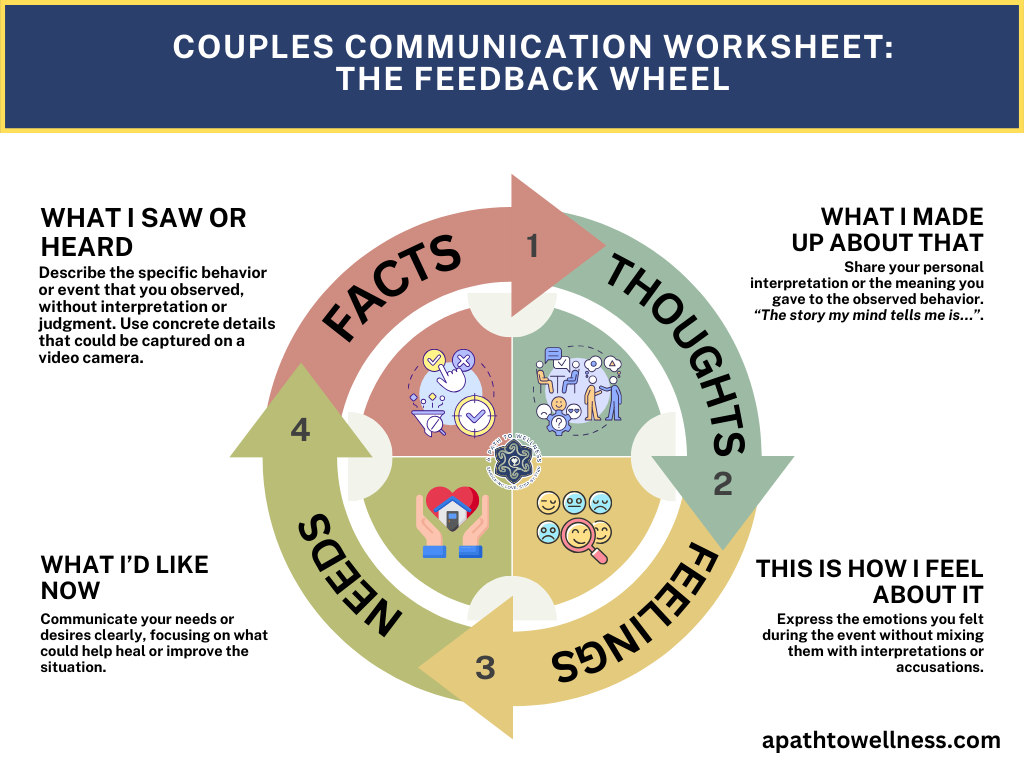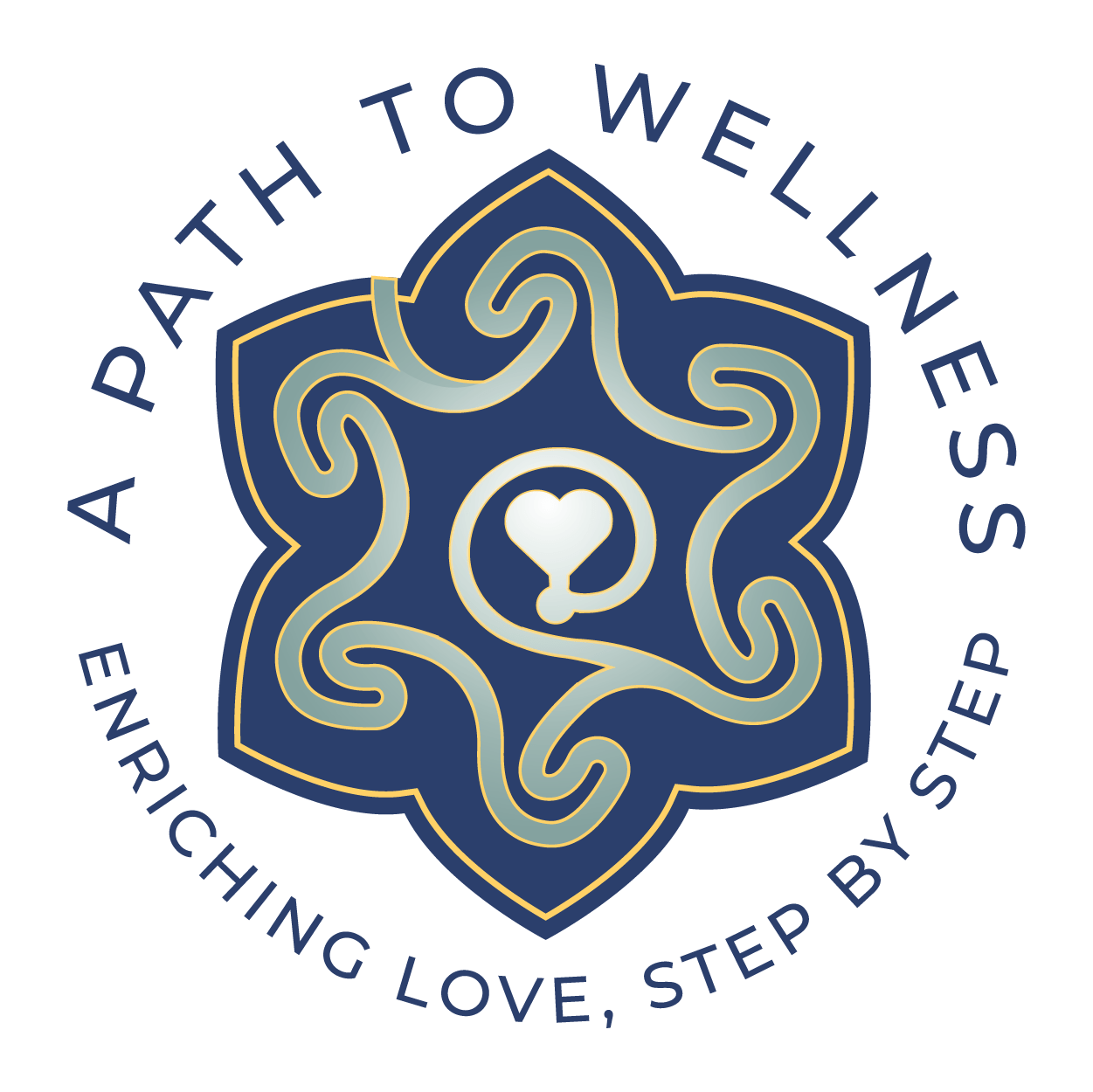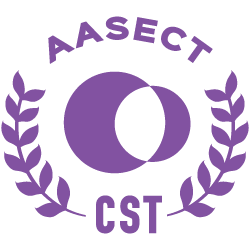Recognizing the Struggle
Have you ever noticed yourself or your partner avoiding tasks or requests in your relationship, even when they seem beneficial? On the other hand, perhaps you’ve found that criticism, no matter how constructive, leads to defensiveness rather than growth. This pattern of behavior, commonly known as demand resistance, can deeply impact the dynamics of marriage and intimate relationships, consequently leading to frustration, misunderstanding, and a sense of stagnation.
Defining Demand Resistance
It is an automatic, negative response to perceived expectations or demands, whether they come from a partner or oneself (Mallinger and De Wyze, 1992). Additionally, this unconscious defense mechanism can sabotage personal growth, relationship health, and shared goals, thus creating a cycle of frustration, anger, and helplessness.
Root Causes: The Influence of Early Life Experiences
The origins of demand resistance often trace back to childhood experiences within overly critical, controlling, or overprotective family environments. Consequently, these backgrounds can instill a deep-seated resentment towards authority, including internalized expectations. Furthermore, the inner conflict between the rebellious “Inner Child” and the responsible “Adult Self” prevents meaningful progress in adult relationships.
The Consequences of Perfectionism and Demand Resistance
In relationships, the conflation of desires (“I want”) with obligations (“I should”) can amplify demand resistance. Perfectionistic standards, set by oneself or a partner, make it nearly impossible to meet expectations, leading to a cycle of avoidance, self-criticism, and disengagement from shared objectives.
Identifying Demand Resistance in Relationships
Recognizing demand resistance involves acknowledging patterns of avoidance, procrastination, and defensiveness in response to relationship expectations. This awareness is the first step toward addressing and overcoming the underlying issues.
Strategies for Overcoming Demand Resistance
1. Awareness and Acknowledgment: Pay attention to thoughts dominated by “should” and “must,” and consciously shift towards “I want” to realign with personal and shared desires.
2. Focus on Small Steps: Instead of overwhelming each other with extensive lists or expectations, concentrate on manageable actions that contribute to larger relationship goals. Moreover, breaking down tasks into smaller steps can make them more achievable and foster progress within the relationship.
3. Embrace Micro-Actions: Encourage spontaneous, small acts of kindness and responsibility towards each other, reducing the pressure and resistance associated with larger demands.
4. Celebrate Progress: Recognize and celebrate even the smallest achievements within the relationship to build momentum and encourage continued effort.
5. Seek External Support: Consider couples therapy or relationship workshops to navigate demand resistance with professional guidance, fostering understanding and cooperation.
Embracing Change Together
By understanding and addressing demand resistance within your relationship, you can create a healthier, more supportive dynamic. This process involves recognizing the issue, challenging entrenched patterns, and taking intentional steps towards mutual satisfaction and growth. Remember, the goal is to move from a place of resistance to one of collaboration and fulfillment, together.











